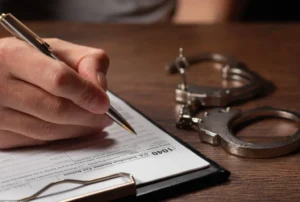 As an Illinois resident under suspicion of tax evasion, you may feel fearful about the legal repercussions you may face if found guilty. The penalties associated with tax evasion vary but might include substantial fines, an obligation to pay back taxes, and, in some instances, prison time.
As an Illinois resident under suspicion of tax evasion, you may feel fearful about the legal repercussions you may face if found guilty. The penalties associated with tax evasion vary but might include substantial fines, an obligation to pay back taxes, and, in some instances, prison time.
Per Cornell Law School, many people facing tax evasion charges get them because the IRS believes they used illegal means or unethical tactics to understate what they owe on their taxes.
Why you may face tax evasion charges
If the IRS suspects you have unreported income, this may lead to a charge of tax evasion. In fact, this is among the most common reasons the service may decide to take a closer look at your tax return. You may also face tax evasion charges if the IRS believes you took credits or deductions for which you did not qualify. In some instances, failing to file a tax return may also lead to tax evasion charges.
When prison time might be a possibility
In truth, your chances of going to prison on a tax evasion charge are slim. Typically, only the most egregious offenders who willfully attempt to “cheat the system” wind up spending time behind bars for this type of offense. However, those who do face prison time for tax evasion may have to remain there for up to five years.
While most people facing tax evasion charges do not ultimately wind up behind bars, many still face serious penalties that impact many aspects of their lives moving forward. You may be able to minimize any consequences associated with a tax evasion charge by demonstrating how you made a good-faith effort to pay the correct amount of taxes within an appropriate amount of time.

